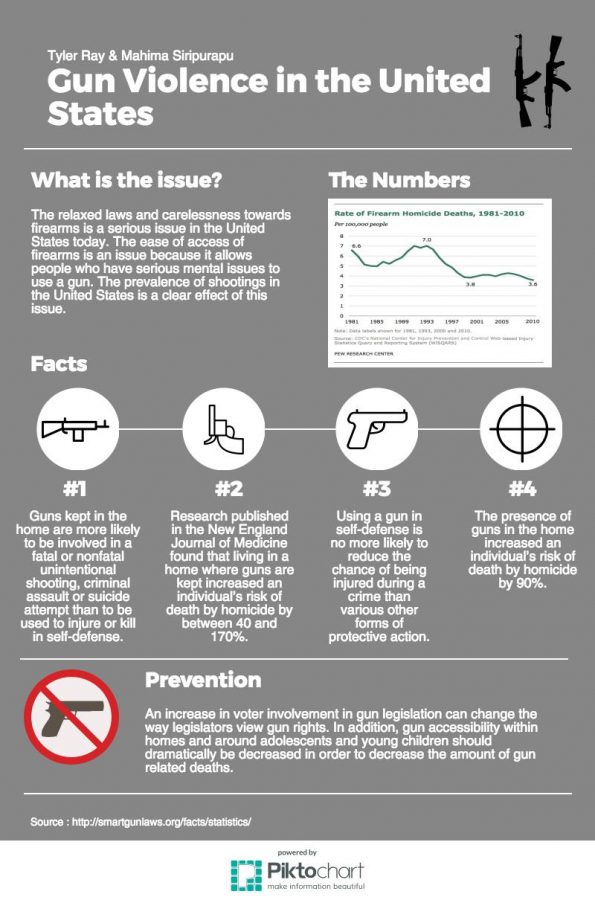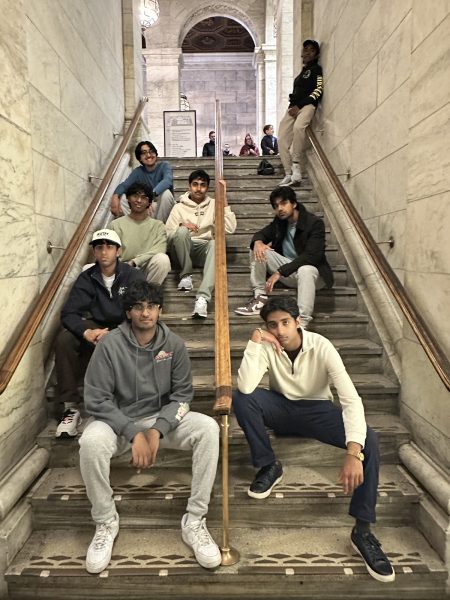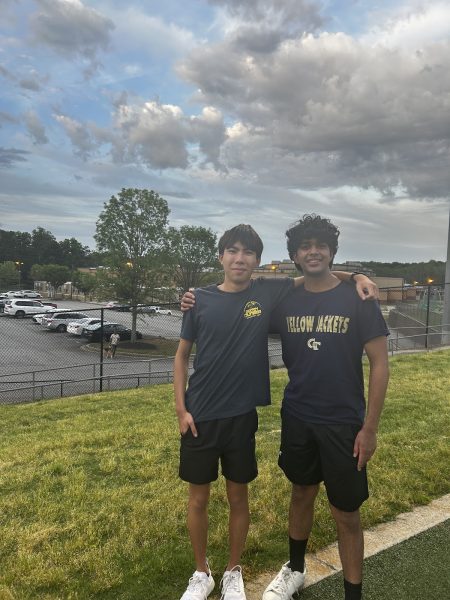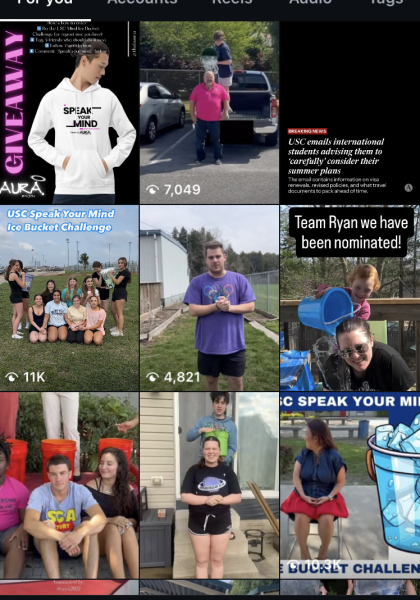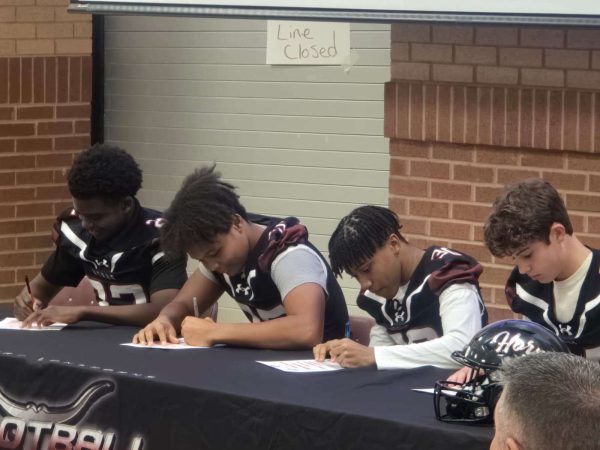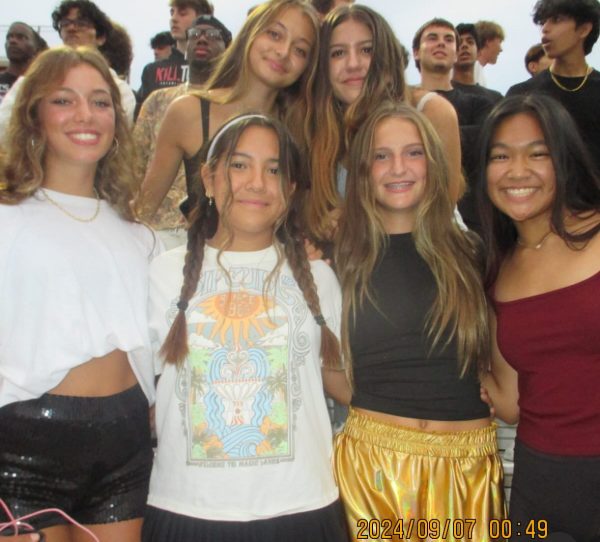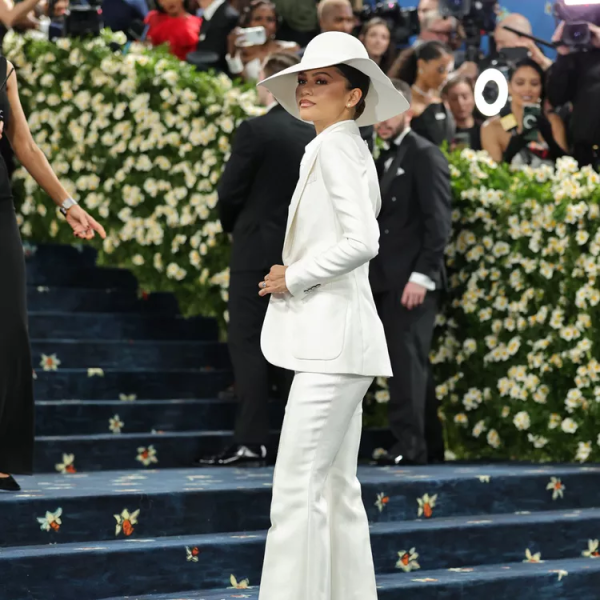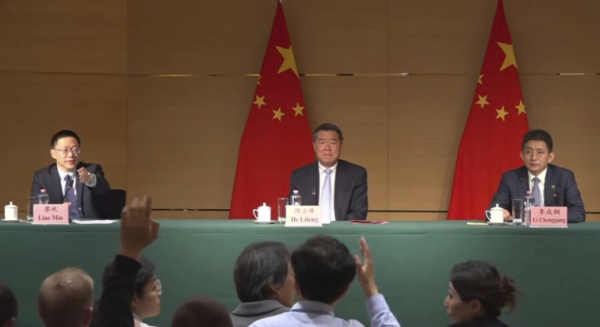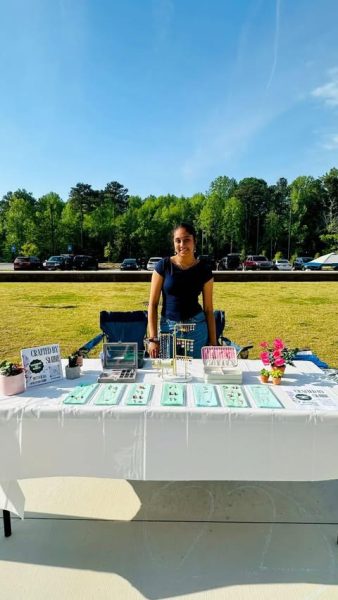Living as an Asian-American in a “gun-happy” society
In the midst of my errands on the unusually warm February afternoon, I found myself walking out of Walmart feeling uncomfortably sweaty in my over-sized “USA” sweatshirt and shorts. In an attempt to get to my car as quickly as possible, I balanced the large trifold board and a gallon 2% milk in my arms, and awkwardly began my journey across the parking lot. Within my first few strides, I heard a voice call out “Hey you!” I continued walking however, not realizing that the voice was directed at me. A couple strides later, the same voice screamed: “Get out of my country! You’re a disgrace!” In shock and anger I spun around, off balance, looking for the voice who was screaming.
Teetering on the hot asphalt, I watched the woman whose voice had brought me out of my afternoon daze. She was accompanied by two others, one of whom wore a smirk on her face as if to condone the hateful comments, the other a look of complete apathy. In that moment, my pro-immigrant opinions seemed to disappear and fear began to sink in throughout my body. I spun around quickly, trying to understand why she had picked me to attack. It became clear in that moment that she was offended that I, a person of color, was wearing a sweatshirt that praised the country I was born in. That day I went home angry and disappointed that I was still characterized as something I wasn’t simply because of the color of my skin.
But my anger and fear only heightened with time. On Wednesday February 22, 2017, I saw a headline which left my heart dropping to my stomach. Earlier that day, three men were shot, two of whom were Indian. In a country where, unfortunately, shootings seemed to be becoming more common, I was shocked by this specific act of racism. As I continued to read the article, one specific line stood out to me, the shooter had screamed: “Get out of my country,” before shooting off his gun and murdering one of the three men, Srinivas Kuchibotla.
Perhaps the similarities between the hate crime, and my own experience were what left me so awestruck. According to an FBI study conducted in 2013, 48.5% of hate crimes are racially driven, 17.4% are religiously driven. As an Indian child growing up in the south, my parents always cautioned me to be wary of the racist rhetoric that existed within my area. Specifically after the terrorist attacks of 9/11, Indian, Arab, and Asian families as a whole stayed vigilant in hopes of avoiding hate crimes against members of their own communities. After the attacks, hate crimes against these people was at a record high. According to the American-Arab Anti-Discrimination Committee, in just a few weeks immediately following Sept. 11 over 700 violent crimes against Arab Americans.
People of the asian community have been targets of hate crimes and violence since that time. Mainstream media highlights only a few incidents, but the racist agenda against the people of these nations has continued to exist over the last decade. From characterizing Arabs as terrorists in several TV shows, to having video games which take place in Middle eastern settings. The majority of America begins to define the word terrorist as synonymous to “Arab”. In her article Muniba Saleem, a writer from the University of Michigan-Dearborn, explains that “Established social-cognitive theories like the General Aggression Model (Anderson & Bushman, 2002) suggest that concepts that are frequently activated simultaneously become interconnected, forming highly accessible knowledge structures that influence perceptions, guide interpretations, and influence future behaviors. For example, playing games that depict Arabs as terrorists may prime, activate, and strengthen this stereotypic association, ultimately leading to its automatization. Such play may influence one’s attitudes, beliefs, perceptions, and expectations of Arabs as being aggressive and violent, in both short and long term contexts.” This tells us that the way certain groups of people are portrayed in mainstream media directly affects the way our society views them.
Why have people suddenly become emboldened enough to scream hateful words in Walmart parking lots? Or shoot down immigrants in bars? Why is gun violence still prevalent in a society that is so diverse? When will it stop?
Your donation will help support The Lambert Post, Lambert High Schools student-run newspaper! Your contribution will allow us to purchase equipment and cover website hosting costs.



